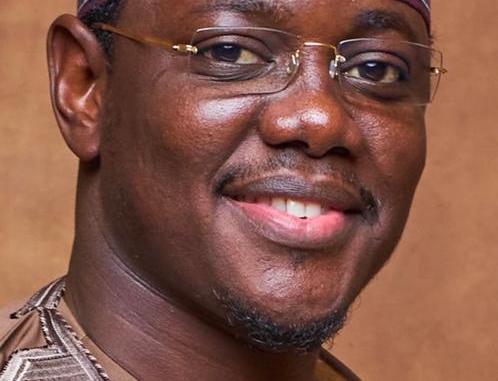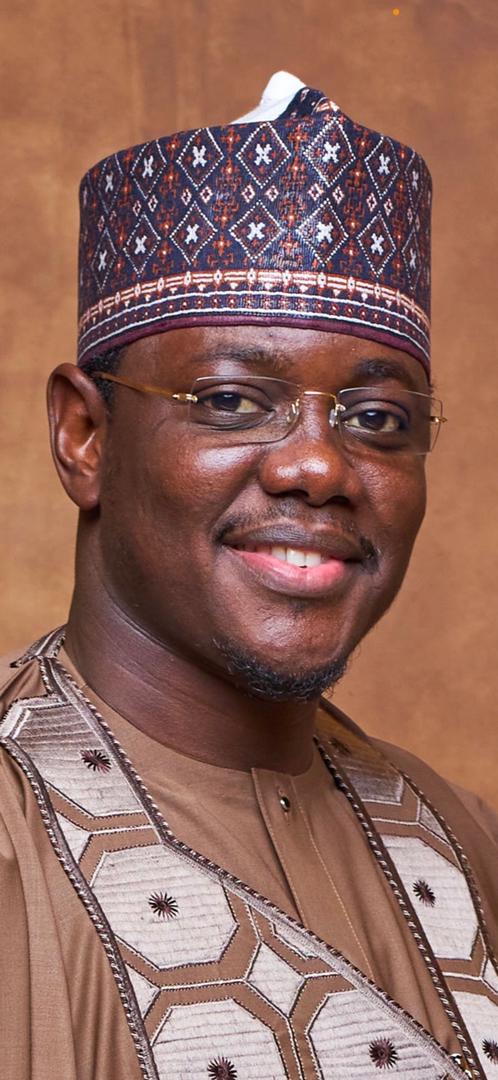
As usual, I want to start by thanking all the people of Jigawa state for their show of support. By carefully taking time to articulate and communicate my vision for Jigawa state, I have so far proven to be fully equipped and well-prepared for the job. I want to make it very clear that we have the strong will, dedication and partnerships to implement this vision to the very best of our ability. I call on all the good people of Jigawa state to give us their votes in March 2023 and in sha Allah, they will not regret it.
This segment will be my second and last on education. Achieving our vision for education will require the input of all stakeholders, public and private. As a result, we have been having wide consultations with groups and professional bodies of students, parents, teachers, lecturers and administrators. These groups will help provide inputs that will shape our vision and they will also help us in its implementation, if we succeed in the elections. Therefore, carrying them along from the beginning will go a long way towards integrating our efforts for effective service delivery.
If we are given the chance, God-willing, the Almajiri system will be remodeled to make it better, efficient and more conducive. First, we will take inventory of all Almajiri schools and Tsangayas and have a census of the students and alarammas. We will then form a technical committee that will include the alarammas, ministry of education staff and some experts. This committee will come up with a sound and sustainable policy for the Tsangaya system. Already, we have some existing ideas and structures developed by ex-President Goodluck Jonathan, which states like Sokoto have built upon. Internationally, I have personally studied the Malaysian remodeled Almajiri system, which has been working excellently; we also have some remodeled systems in some parts of West Africa. I will feed the policy formulation committee with some of these findings, so that our aim of having a reformed, rebranded, working and sustainable Almajiri system can be achieved.
We have plans for tertiary education. As at today, there are 14 tertiary institutions in the state, two federal owned universities, one state owned and one private owned. There are three polytechnics, one college of education, one Information technology institute, four health institutions and one college of legal and Islamic studies. All those owned by state government will receive adequate funding as far as the economic situation permits and will be encouraged to seek linkages and explore initiatives that will attract grants and external funding. Research partnerships will be established between Jigawa state government and all universities within the state.
In sha Allah scholarships will be paid to students of special and professional programmes like medicine, engineering, law and other key programmes. Students of other non-professional programmes will receive scholarships based on academic performance. First class graduates will be considered for automatic employment and master’s degree scholarships within and outside Nigeria. Ph.D students of Jigawa origin, whose researches may directly or indirectly provide solutions to some of the state’s socio-economic challenges, will receive government’s funding and patronage.
Different national and international reports place the general literacy level in Jigawa state at 25-30% (adult literacy is 38.3%), making it the fourth worst state above Taraba, Katsina and Borno states. As controversial as this ranking may be, we must aspire to be in the top 10 of most literate states by whatever criteria used for future rankings, or at least reach the national average literacy rate of 50.6% in the next five years or less. In terms of education accessibility, Jigawa is ranked 32nd out of 36 states and the Federal Capital Territory (FCT) while we are 30th in terms of school attendance. About 60% of all Jigawans have no form of educational qualification at all. These are scaring figures we need to change rapidly.
There have been previous efforts to change the negative picture of education in the state. From 2007-2015, 56 Habbane centers for Fulani women education were built in addition to 172 nomadic schools. Over the same period, 1,350 adult and mass literacy centers were built. Two special schools, Jigawa State Academy for the Gifted and Talented, Bamaina and Jigawa State School for the Blind, Dutse, were also established. Our current assessment confirms that the Habbane centers have been abandoned, the Dutse school of the blind is also abandoned. However, we are glad that the mass education centers have been increased to 1,917 and the nomadic schools to 418. However, they are facing serious manpower challenges which we hope to address if given the opportunity In sha Allah.
The current economic realities may not allow for the diligent implementation of complete free education, no matter how much we want to do it. But we have plans to provide free girl-child education up to secondary school across Jigawa state. Girls that are orphans will have their sponsorships extended up to tertiary institutions. Disabled people and their children will also be considered for free or subsidised education.
Teachers’ welfare will be a top-most priority for our administration, we will improve the condition of service for education personnel. We will study and review the teachers’ salaries with the hope of increasing it to the highest amount possible and permissible by the economic situation. God willing, we will create allowances to motivate them and create a reward system to appreciate the best and most dedicated teachers in the state. We will train and retrain them to further their education while making the necessary learning tools and equipment available for their utilisation, In sha Allah. We shall create an avenue for periodic teacher-government engagement where operational successes and challenges of education will be discussed. We will use information in such engagements to take swift action where necessary and make adequate plans where applicable.
We will initiate the Jigawa State Annual Education Summit where stakeholders and the general public will meet for a whole week to discuss education. This summit will attract attendance from all over the country and beyond. In the next 35 years, we hope Jigawa will enter the list of top five most educated and developed states in Nigeria in line with our long-term development plan.
Mustapha is the Jigawa state Peoples Democratic Party (PDP) Gubernatorial Candidate for the 2023 general elections.
